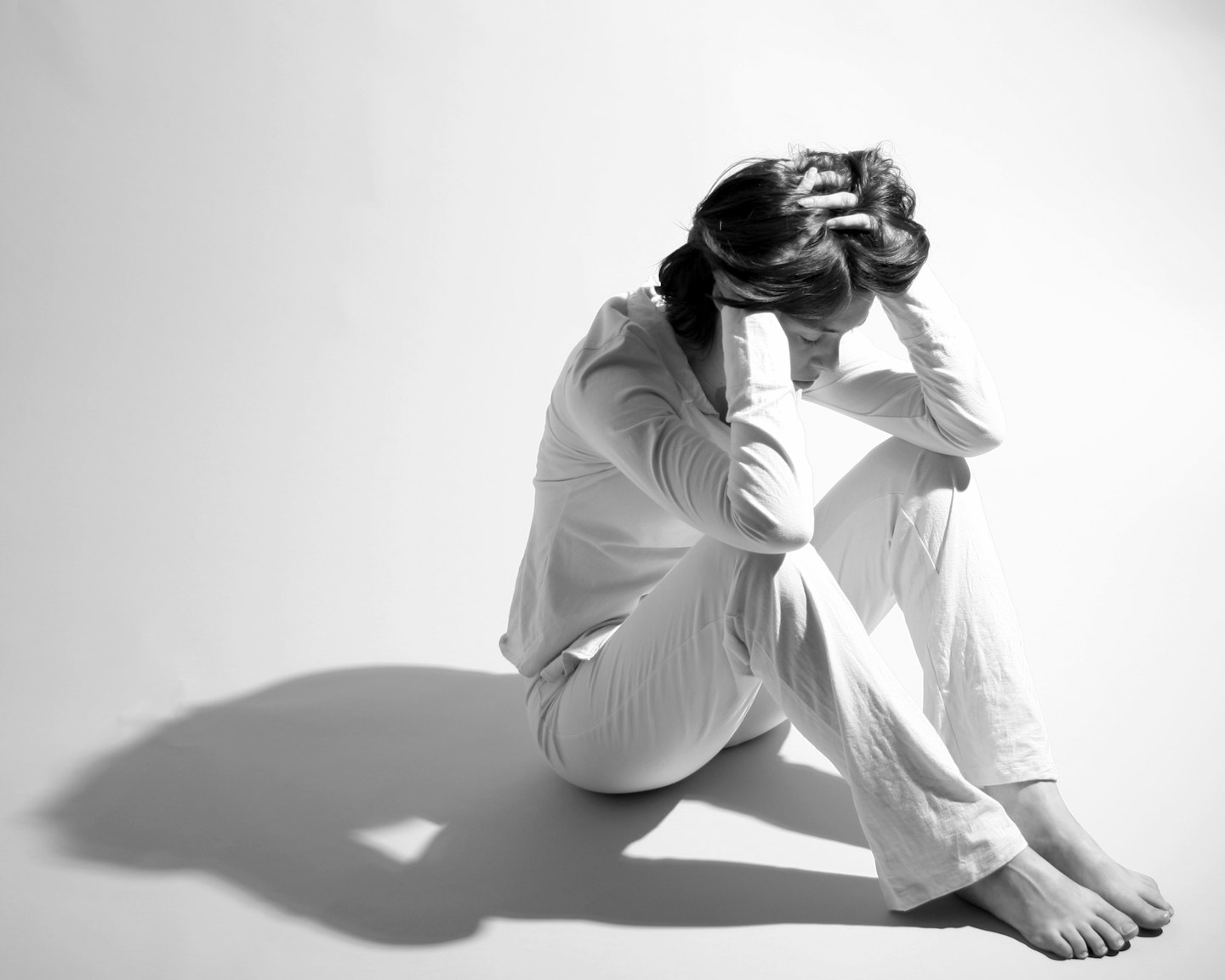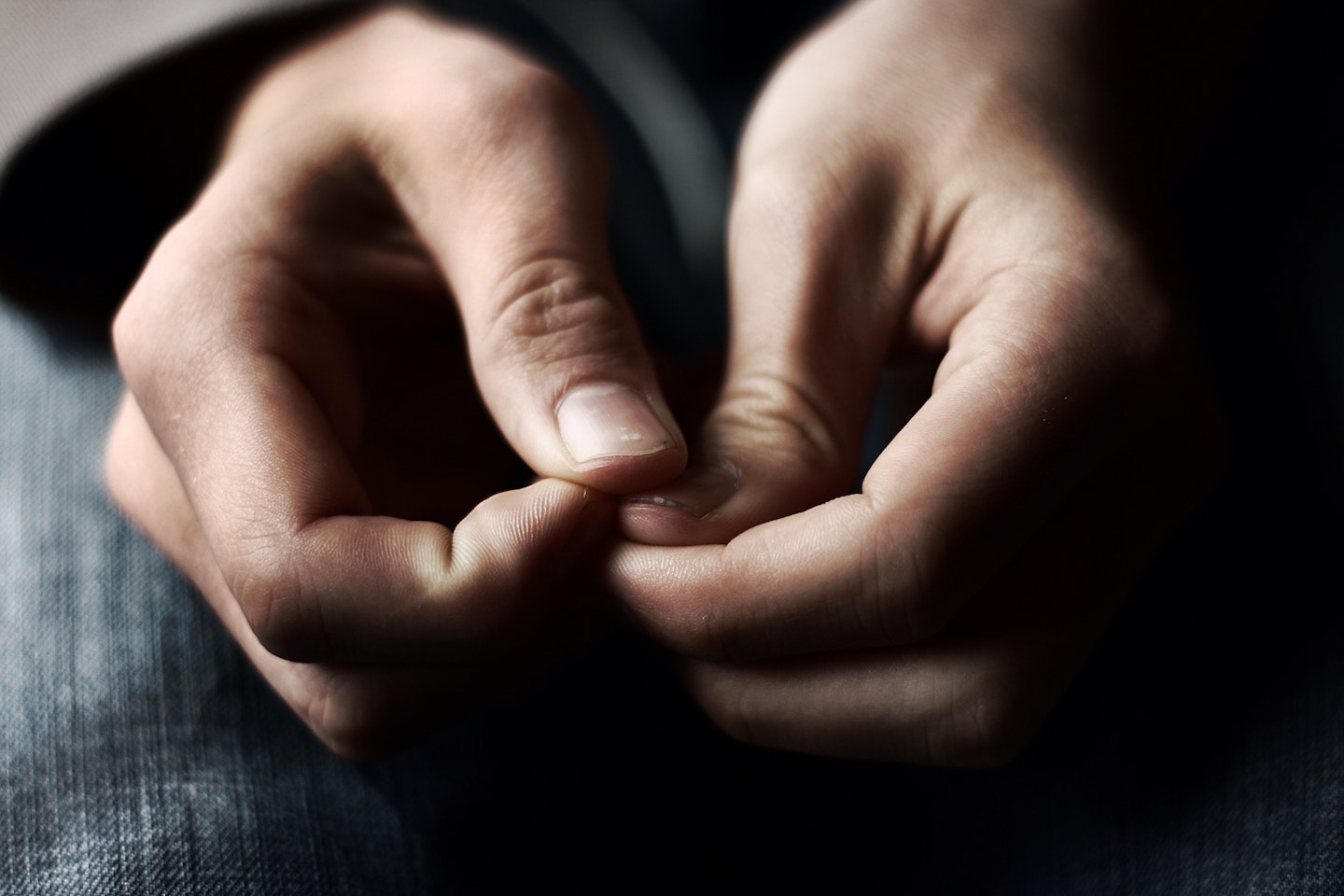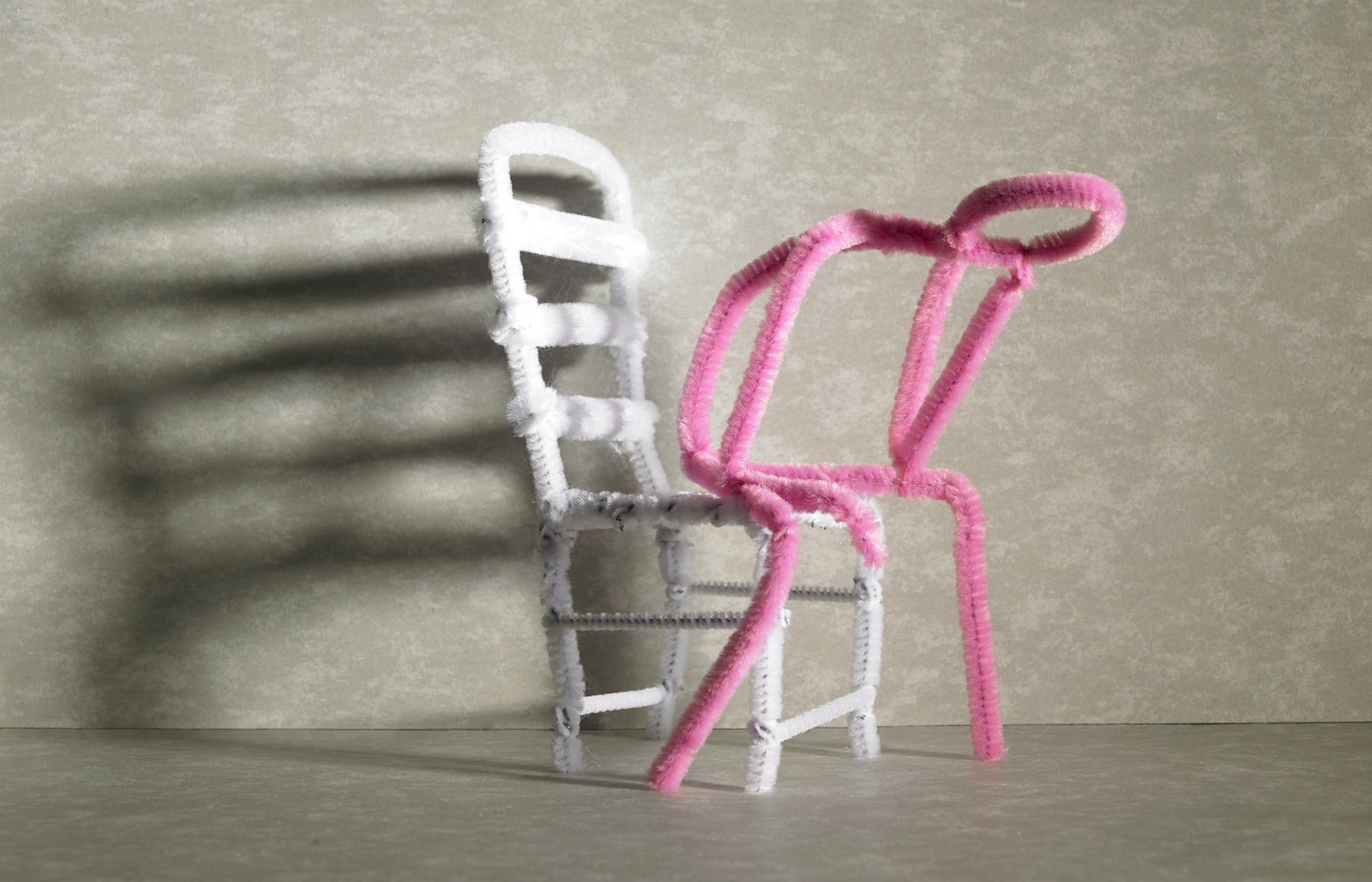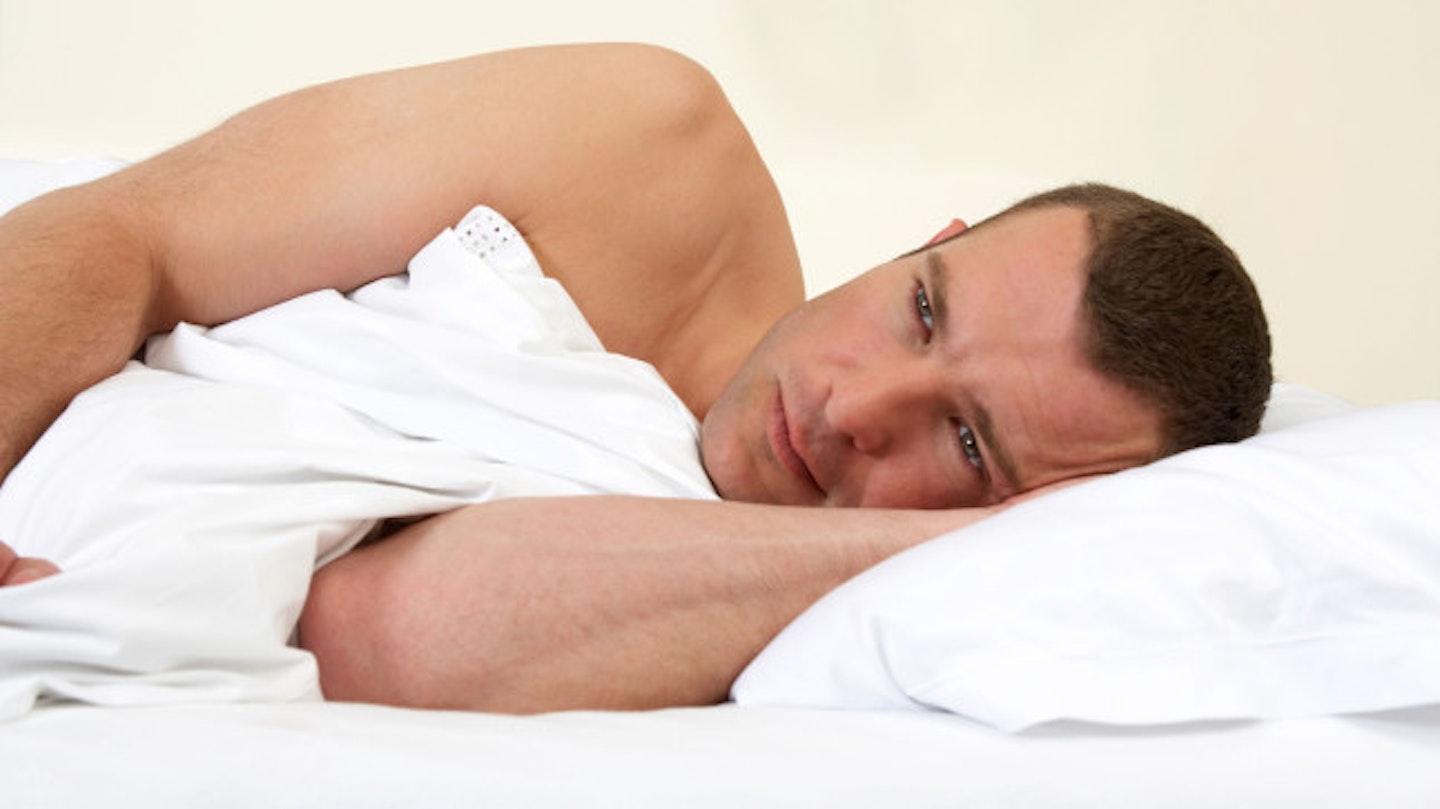More than one in 10 people are likely to have a “disabling anxiety disorder” at some stage in their life. If you’re not coping, talk to your doctor.
You can ask for a phone consultation or an appointment at a quieter time, too, but don’t ignore it – we can help.
What’s “normal”?
Anxiety isn’t being worried about an interview or medical test, it’s feeling anxious a lot of the time about many things. It disproportionately hits women under 35, perhaps because with work, relationships, young families, or trying to start a family, there’s lots to worry about, and it can be overwhelming.
Like depression, anxiety can be caused by an imbalance of chemicals in the brain, and you’re more likely to suffer if close family are also affected.

Physical Impacts
As well as feeling worried and on edge, there are physical symptoms. Often people come to see me thinking they have a heart problem or asthma, as the body releases hormones like adrenaline and cortisol, causing a tight chest, nausea, a pounding heartbeat, shallow breathing, headaches, sweating, loss of appetite, faintness or an overactive bladder.
Anxious Thoughts Are...
Fearing the worst, jumping to conclusions, or labelling yourself negatively. Once diagnosed, I may prescribe an antidepressant, but I always suggest something like cognitive behavioural therapy (CBT), as you can learn the tools to bring anxiety under control rather than relying on pills.
Sadly there can be long waits on the NHS so look into private therapy if you can afford it. There’s also a lot you can do yourself to help change your thinking –
try www.moodjuice.scot.nhs.uk.
Worry Time
Anyone with lower levels of anxiety or everyday worries can try to set aside 15 minutes a day specifically to worry. Note down what’s on your mind and spend that time trying to find solutions, then stop.

Daily Relaxation
Use relaxation techniques and practise daily. Focusing on breathing, like meditation, helps because it calms a frantic mind.
Also, try to distract yourself, whether it’s counting things around you that begin with a certain letter or listening to music and identifying different instruments. Or do something you enjoy, like baking, drawing or chatting to a friend.
Caffeine And Alcohol
Stimulants, like caffeine, tend to make anxiety worse, so try to cut down. Sometimes your anxiety may even be a direct result of having far too much caffeine, because that can cause a racing heart, nausea and irritability.
Avoiding Stress
Lots of anxious people avoid things that make them stressed as a coping method. Think about something that makes you a little anxious – not doing a bungee jump off The Shard, but calling someone when you feel a bit shy – and try to do it. Over time, it can help you feel more confident.

Exercise
Anything that makes you puff and pant a few times a week will help. Research has shown that spending your leisure time watching TV or playing computer games increases risk of anxiety.
Choose something you’ll enjoy – it seems obvious, but if you hate running, forcing yourself to go won’t help.
Panic Attacks
One in 10 people experience occasional panic attacks, but panic disorder affects one in 50, and is twice as common in women. People often describe it as suddenly feeling ill and shaky, as if everything is closing in.
Again, I recommend CBT, and sometimes prescribe antidepressants, but your doctor can work out the best treatment. There are excellent support groups too such as Nopanic.org.uk.
Anxious Kids
Children of anxious parents are more likely to be anxious themselves, but you can change that. Teach them to recognise a real danger (a dog snarling and bearing its teeth) or an unrealistic fear (a docile puppy). It’s about recognising when fears are healthy and worth paying attention to.

Phobias
Specific phobias – things like rodents, deep water or needles – are very treatable. Usually a therapist will gradually expose you to the thing you fear.
There are some good online tools, as well – Dr Pixie McKenna (from Embarrassing Bodies) beat her fear of spiders using the Phobia Free app, which was created by two psychiatrists. And www.thrive.uk.com offers breathing techniques and CBT for stress.
Complex phobias like agoraphobia (fear of open spaces) usually require CBT, antidepressants or psychotherapy.
PTSD
You can suffer post-traumatic stress disorder (PTSD) after anything traumatic, such as being involved in a car accident or witnessing a violent crime.
You relive the event through nightmares and flashbacks, you may isolate yourself, feel guilty and struggle to sleep.
It’s normal for there to be repercussions if you go through something horrible, but if it continues to interfere with your life as time passes, talk to your doctor. Specific therapies can help.
READ MORE:
Anxiety: Everything you need to know, from dealing with attacks to seeking help
